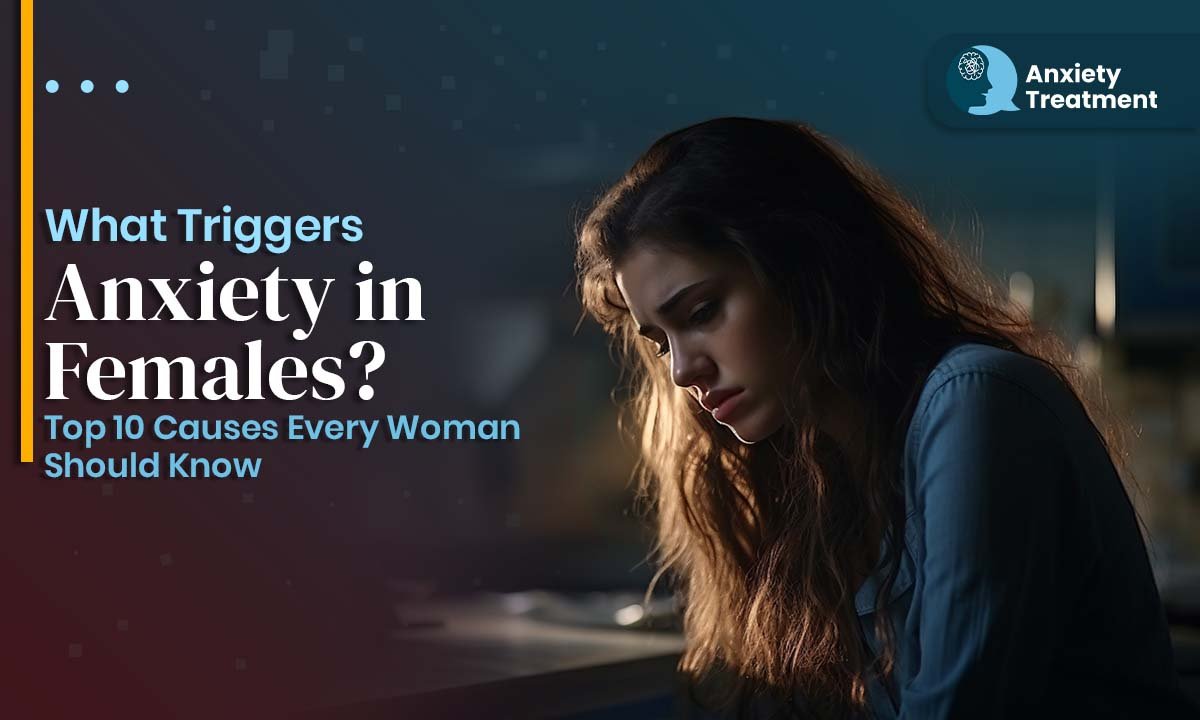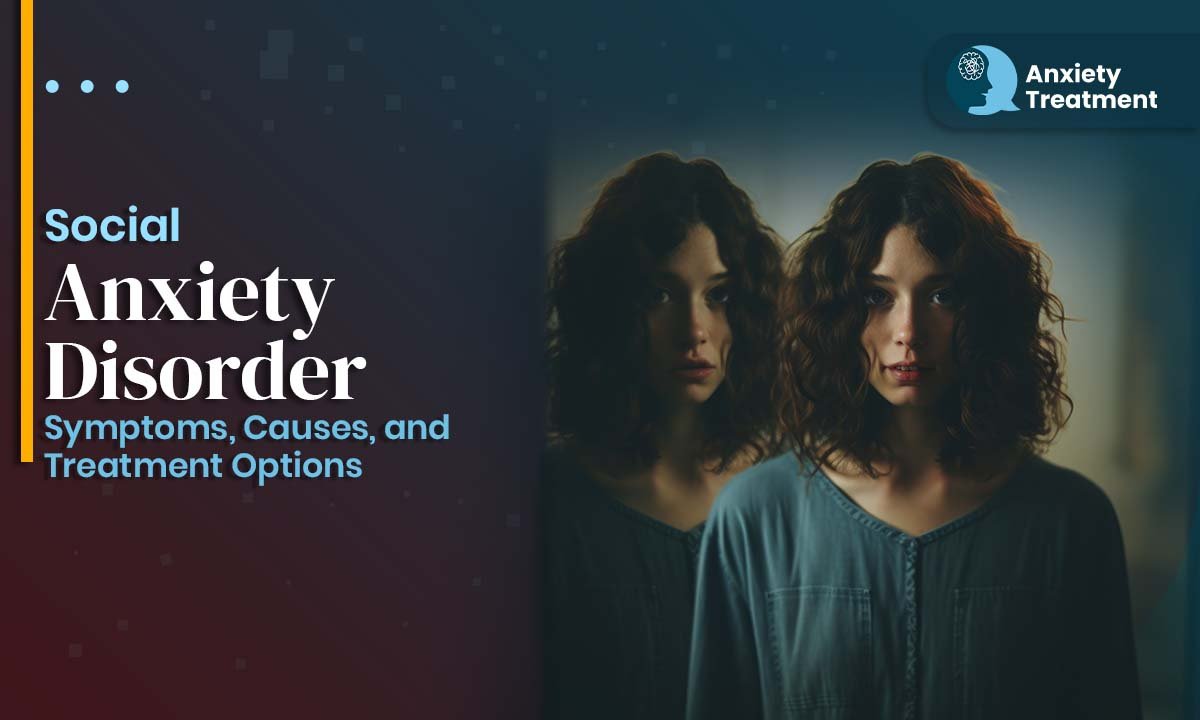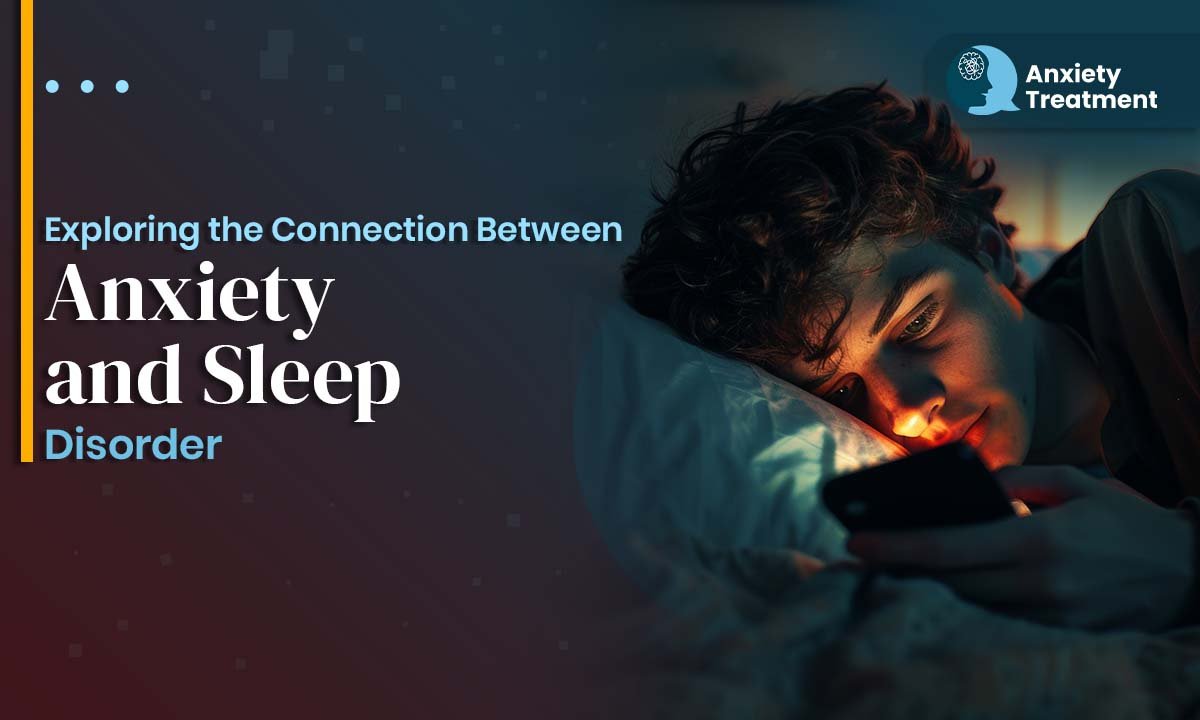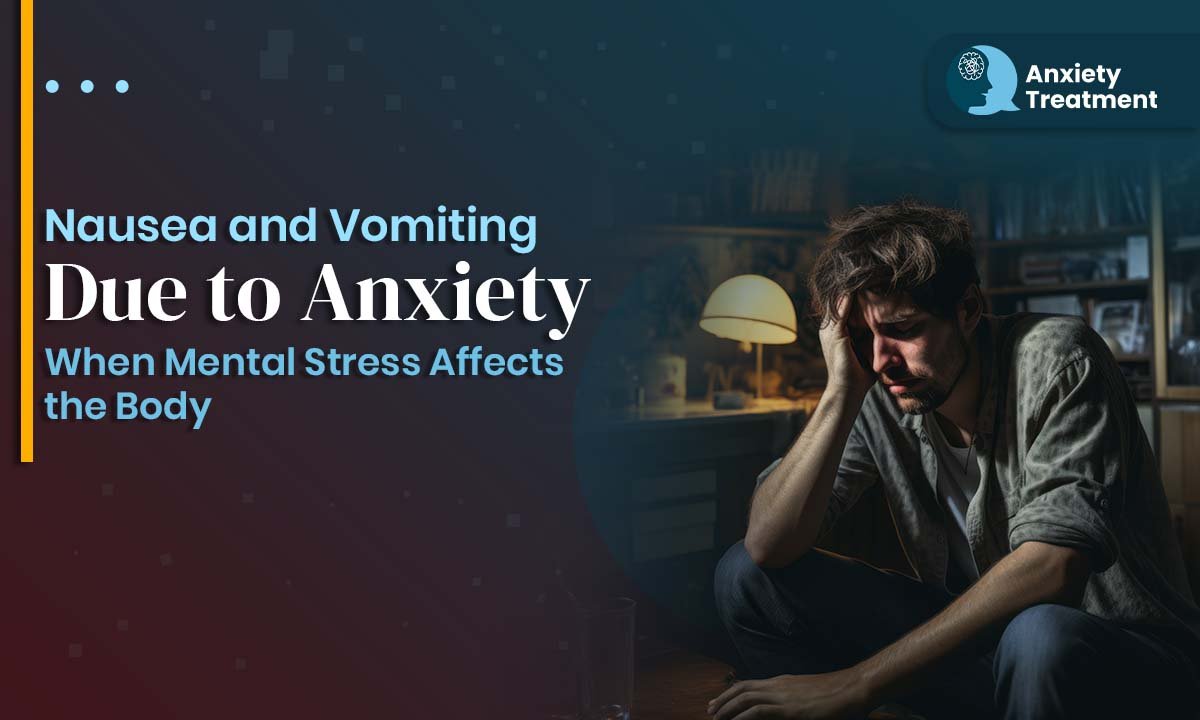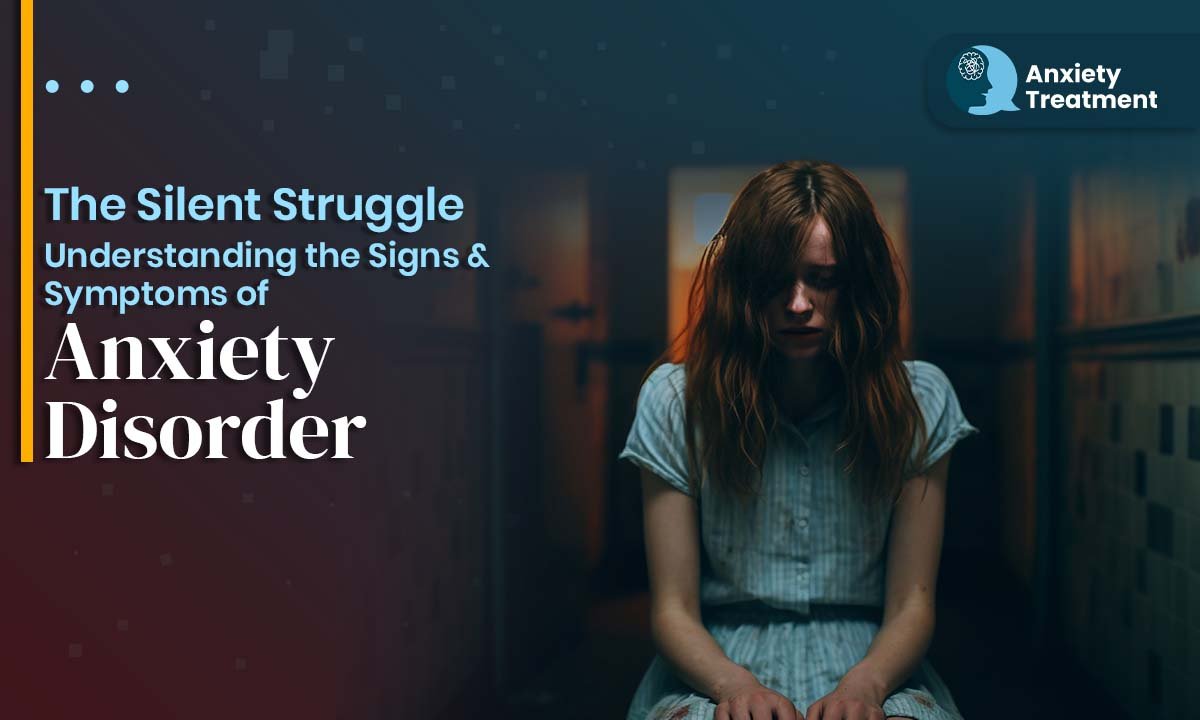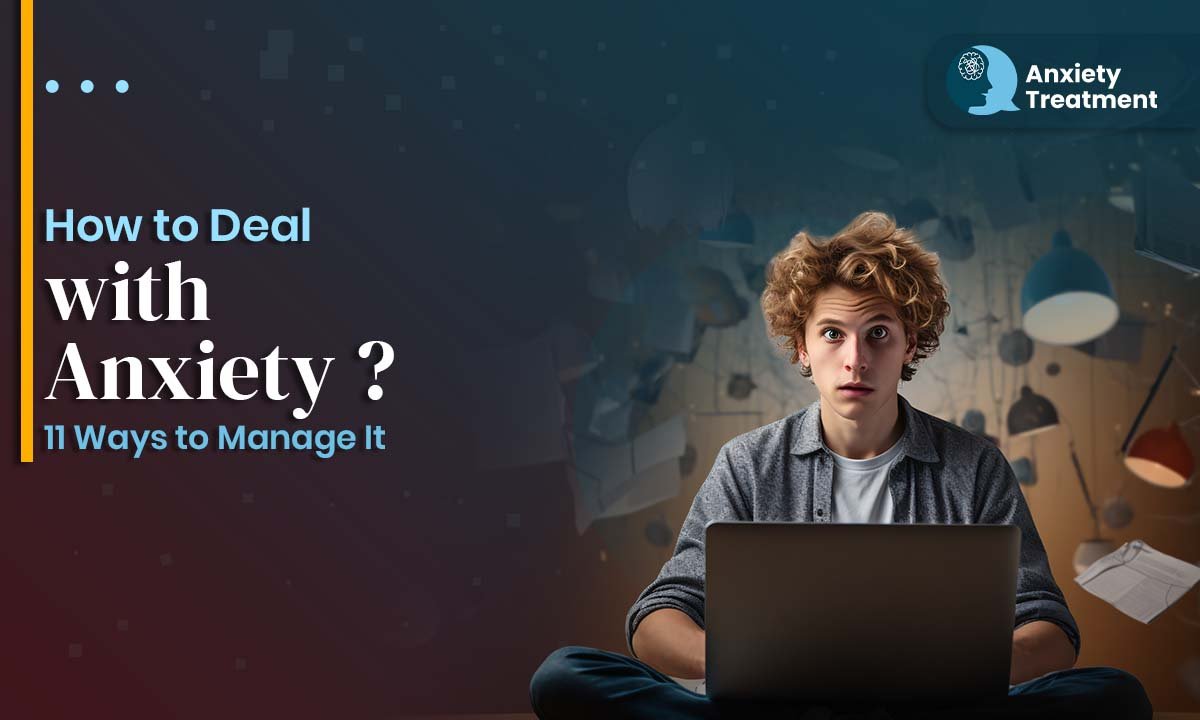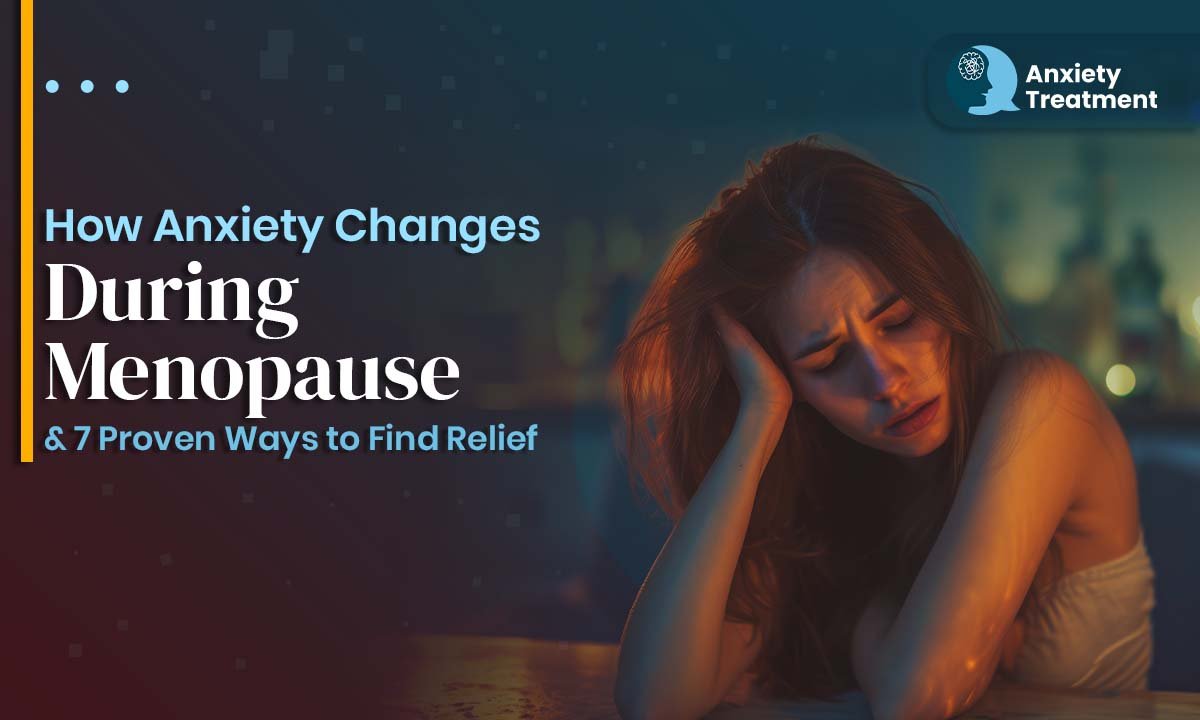Anxiety is one of the most common mental health challenges affecting women today. While it can impact anyone, women often experience it more intensely and more frequently due to a combination of biological, psychological, and social factors. If you’ve ever wondered what triggers anxiety in females, you're not alone. Recognizing these triggers is the first step toward healing and taking control of your emotional well-being.
U Women face unique challenges such as hormonal changes, unrealistic societal expectations, and the emotional toll of caregiving all of which contribute to the rising rates of stress and anxiety in women across all age groups.
Top 10 Causes of Anxiety in Women : Understanding What Triggers Anxiety in Females Every Day
So, what triggers anxiety in females most often? In this blog, we’ll explore the top 10 causes every woman should know along with practical insights to help reduce anxiety and build emotional resilience.
1. Hormonal Fluctuations
Hormonal shifts are one of the leading contributors to hormonal anxiety in women. Estrogen and progesterone key female hormones directly impact mood regulation. Their fluctuation during menstruation, pregnancy, postpartum, and menopause can cause irritability, low mood, and heightened emotional sensitivity.Understanding what triggers anxiety in females means looking at everything from hormonal fluctuations to life pressures.
Women experiencing anxiety due to hormonal imbalance often report physical symptoms like fatigue, racing heart, and insomnia, which further intensify mental distress.
2. Work-Life Overload
Balancing work, family, personal goals, and social obligations is a common struggle. The expectation to perform perfectly in every role can quickly lead to burnout. This overwhelming pressure contributes to one of the biggest mental health concerns today: stress and anxiety in women.
Without proper boundaries or self-care, chronic stress becomes a daily norm that drains emotional and physical energy.
3. Social Pressures and Body Image Issues
Women are constantly bombarded with unrealistic beauty standards and social comparisons especially through social media. These comparisons can trigger self-doubt, imposter syndrome, and anxiety about appearance and worth.
This kind of pressure is closely linked to increasing anxiety symptoms in females, including overthinking, perfectionism, and fear of judgment.
4. Trauma and Emotional Wounds
Unresolved trauma whether from childhood, relationships, or life events can create lasting anxiety. Triggers may be subtle or sudden, leading to panic attacks, emotional numbness, or excessive fear. Trauma-informed therapy can help identify these root causes and offer pathways toward healing and recovery.
5. Financial Stress
Worrying about money, job security, or supporting a family can significantly affect mental health. Financial anxiety is especially common among women balancing caregiving roles and professional responsibilities.
This stress often overlaps with anxiety due to hormonal imbalance, making symptoms more intense and harder to manage.
6. Relationship Difficulties
Emotional conflicts, toxic dynamics, or lack of support in relationships can lead to deep-rooted anxiety. Women may internalize blame or fear abandonment, both of which heighten emotional distress. Healthy communication, boundary-setting, and couples therapy can help restore balance.
7. Parenting Stress
Motherhood is rewarding but also incredibly demanding. From sleepless nights to constant decision-making, parenting can be a major source of stress and anxiety in women especially when paired with guilt, comparison, or hormonal changes. Support from partners, community, and therapists is crucial in managing these pressures.
8. Health Concerns
Worrying about health whether related to fertility, chronic conditions, or body changes can cause ongoing anxiety. Many women experience anxiety due to hormonal imbalance, which mimics physical illness and often leads to excessive worry.Regular check-ups, lifestyle adjustments, and mindfulness practices can ease health-related fears.
9. Lack of Support
When women feel unheard or unsupported emotionally, it can lead to feelings of isolation and self-doubt. Emotional suppression and the pressure to stay "strong" can cause internalized anxiety.
Creating a safe space for expression through friendships, support groups, or therapy can significantly improve mental health.
10. Sleep Deprivation
Lack of quality sleep disrupts mood regulation, increases irritability, and affects hormonal balance. Women often sacrifice rest due to family responsibilities or career demands, which worsens anxiety symptoms.
Prioritizing sleep hygiene can help restore emotional stability and resilience.
Conclusion
By identifying what triggers anxiety in females, we create space for understanding, healing, and growth. Whether it's hormonal anxiety in women, relationship struggles, or the pressure to meet societal expectations, each trigger deserves attention and care.
With awareness, support, and practical tools, women can manage their anxiety, reclaim their inner calm, and live with greater confidence and clarity. You are not alone and you deserve to feel mentally well and emotionally supported

